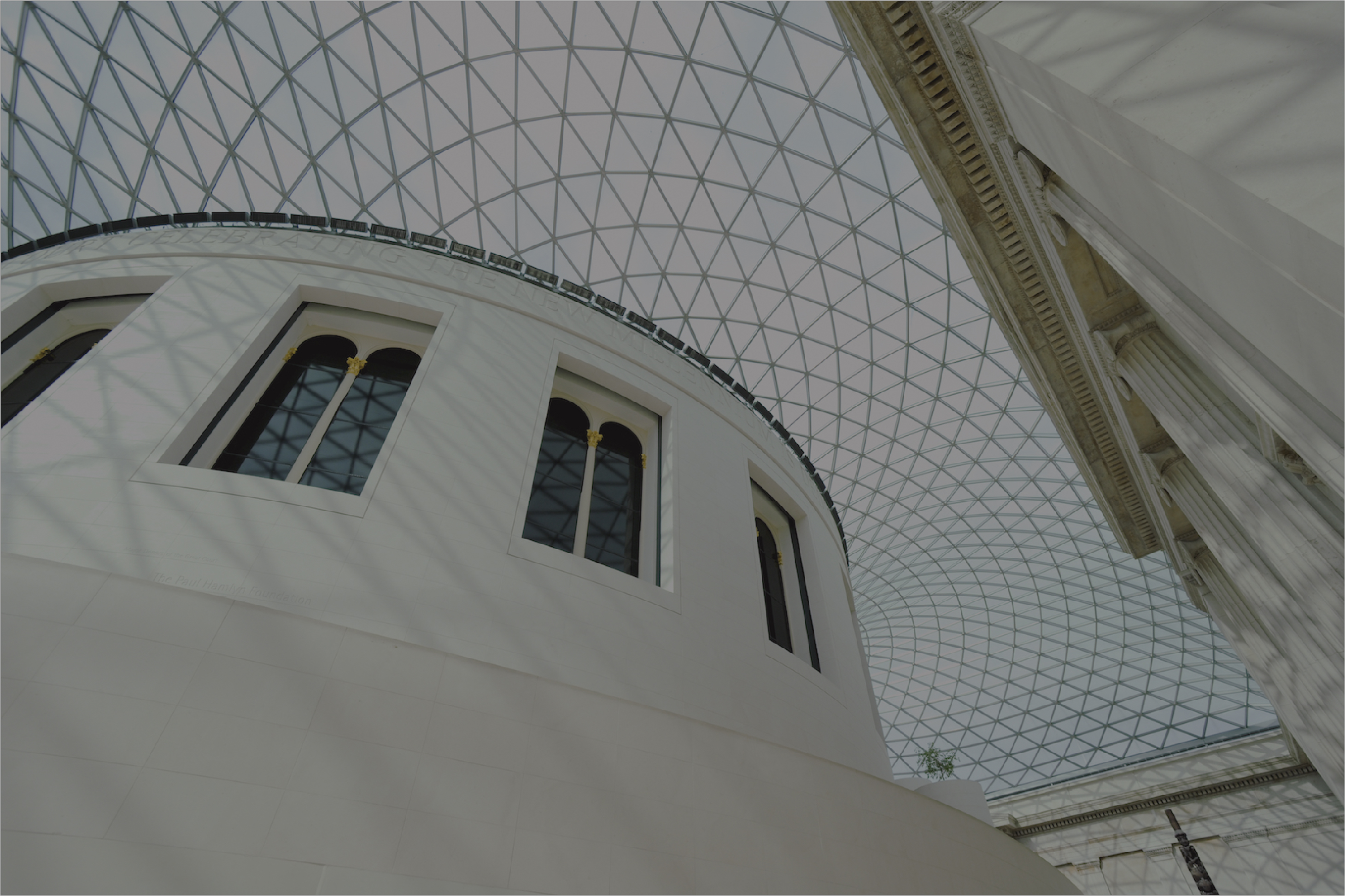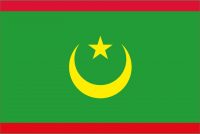Mauritania is a largely-desert country with a sizeable Arab-Berber population to the north and black Africans to the south. The capital city and major port is Nouakchott which means “place of the winds”. Other major towns are Kiffa, Rosso, Atar, Kaedi, Zouerate and the port of Nouadhibou. Mauritania formed part of the Islamic religious Almoravid state in the 11th century which encompassed Muslim Spain, Morocco, parts of Algeria and Ghana and Islam is still the religion of state. The country was first explored by the Portuguese in the 15th century, with France gaining control of the coastal region in 1817 which ultimately led it becoming a French protectorate in 1904. Despite opposition from Morocco, which sought to annex it into its own territories, Mauritania became independent in 1960.
Mauritania has historically suffered from political instability. However, in 1984 Col. Maaouye Ould Sidi Ahmed Taya took control of the government which ushered in a period of economic and political reforms including the country’s first parliamentary elections in 1986. The early 2000’s saw several coup attempts against Taya and he was ultimately deposed by military coup when he was outside the country in 2006. Sidi Ould Sheik Abdellahi became the country’s first elected president in 2007 but was deposed shortly after coming to power by the military in 2008 following accusations of corruption and poor handling of food price inflation. The 2008 coup was led by Mohamed Ould Abdel Aziz who, following presidential elections in 2009, remains the country’s president.



